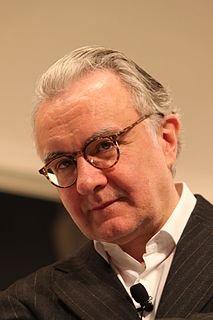A Quote by Thomas Jefferson
Related Quotes
1.Never put off till to-morrow what you can do to-day. 2.Never trouble another for what you can do yourself. 3.Never spend your money before you have it. 4.Never buy what you do not want, because it is cheap; it will be dear to you. 5.Pride costs us more than hunger, thirst, and cold. 6.We never repent of having eaten too little. 7.Nothing is troublesome that we do willingly. 8.How much pain have cost us the evils which have never happened. 9.Take things always by their smooth handle. 10.When angry, count ten, before you speak; if very angry, a hundred.
In the last quarter of the 20th century, Britons have been understandably obsessed with the problem of having too little power in the world. In the third quarter of the 18th century, by contrast, their forebears were perplexed by the problem of having acquired too much power too quickly over too many people.
We live, understandably enough, with the sense of urgency; our clock, like Baudelaire's, has had the hands removed and bears the legend, "It is later than you think." But with us it is always a little too late for mind, yet never too late for honest stupidity; always a little too late for understanding, never too late for righteous, bewildered wrath; always too late for thought, never too late for naïve moralizing. We seem to like to condemn our finest but not our worst qualities by pitting them against the exigency of time.































